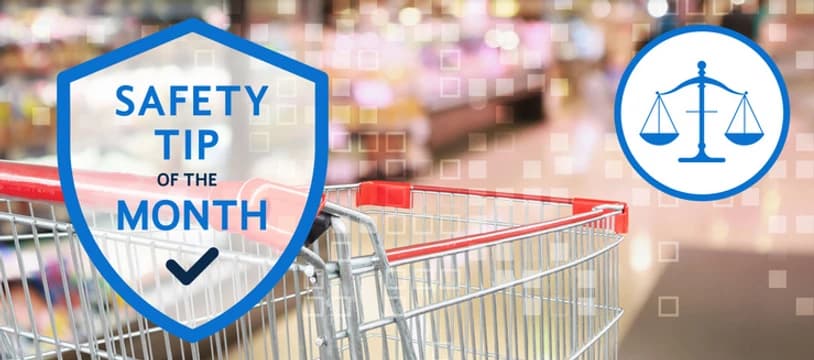When an active shooting incident occurs, who is to blame? The shooter, obviously. But what about the business where the active shooting takes place? In some cases, businesses may be held liable for violent crimes that occur on their premises, even if the perpetrator is unconnected to the business. As active shooting events become more common and grocery stores often end up being targets, this is a risk that cannot be ignored.
Shootings at Grocery Stores
On May 14, 2022, a gunman opened fire in a supermarket in Buffalo, New York. According to AP News, 10 shoppers and workers were killed, and three more people were wounded.
This is not the first time an active shooter has chosen a grocery store as the location for an assault. On March 22, 2021, another man opened fire at a supermarket in Boulder, Colorado. According to CNN, 10 people were killed, including a store manager and a police officer.
It may not be mere coincidence that grocery stores were chosen by both perpetrators. Grocery stores and other businesses that are open to the public may be attractive targets for shooters who are looking for crowded spaces that they can enter easily.
The FBI keeps track of active shooter incidents like the two that occurred in grocery stores. These are events that do not include self-defense, gang violence, drug violence, contained domestic disputes, controlled hostage situations, crossfire related to other ongoing criminal acts, and actions that don’t put people in danger. In recent years, the number of active shooter events has increased dramatically. In 2019, there were 30 active shooter incidents. In 2020, the number increased 33% to 40. In 2021, the number increased 52.5% to 61.
More than half of the 61 active shooter incidents that occurred in 2021 happened in places of commerce. In total, 32 incidents happened in places of commerce, including 28 that happened in business environments that are open to pedestrian traffic.
How Grocery Stores Can Be Held Liable
After an active shooter event, the business where the incident took place could face litigation. This is true even if the assailant had no connection to the business.
In one very notable example of this, MGM was sued by victims of a mass shooting that occurred near the Mandalay Bay Casino in Las Vegas in 2017. According to Property Casualty 360, a judge approved an $800 million settlement. MGM has insurance coverage in the amount of $751 million available, and the remaining $49 million is expected to come from the company’s funds.
In another case, CVS Pharmacy was sued in connection to a shooting that took place in 2012. According to Claims Journal, a customer was shot, and a Georgia appeals court upheld a $43 million premises liability verdict on the grounds that the company failed to take security measures to prevent the shooting.
Other Insurance Implications
The American Bar Association reports that first-party loss and workers’ compensation elements of such events can be equally significant. In some respects, property and workers’ compensation insurers have been more responsive to these types of risks, offering products that combine risk assessment and loss control with tailored coverages better designed to respond to the unique impacts and expenses that besieged businesses may face.
Grocery Stores and the Duty of Care
Recent lawsuits have shown that businesses can be considered to have a duty of care when it comes to protecting their employees and customers from dangers associated with violent crime.
This may be especially true in areas that are known to have a high rate of criminal activity, meaning that the business operators could foresee the risk. However, as mass shooting incidents increase around the country, every business should be aware of this threat.
Grocery store operators should take steps to reduce their risks. There are three key areas to consider:
- Increase Security. This may involve hiring security personnel and installing security systems and cameras.
- Create an Emergency Response Plan. Train workers on how to respond to an active shooter incident.
- Secure Insurance Coverage. Talk to your RiskPoint agent about how your property, liability and workers’ compensation policies will respond to Active Shooter exposures. Take advantage of any loss prevention resources available, and ask your agent if you should raise policy limits.
Download a PDF of this article to share with others on your team, and reach out to the RiskPoint Grocery Team to learn more.
| Joe Scarpello | Melissa Johnson |
| 253.444.5584 | 253.444.5654 |


